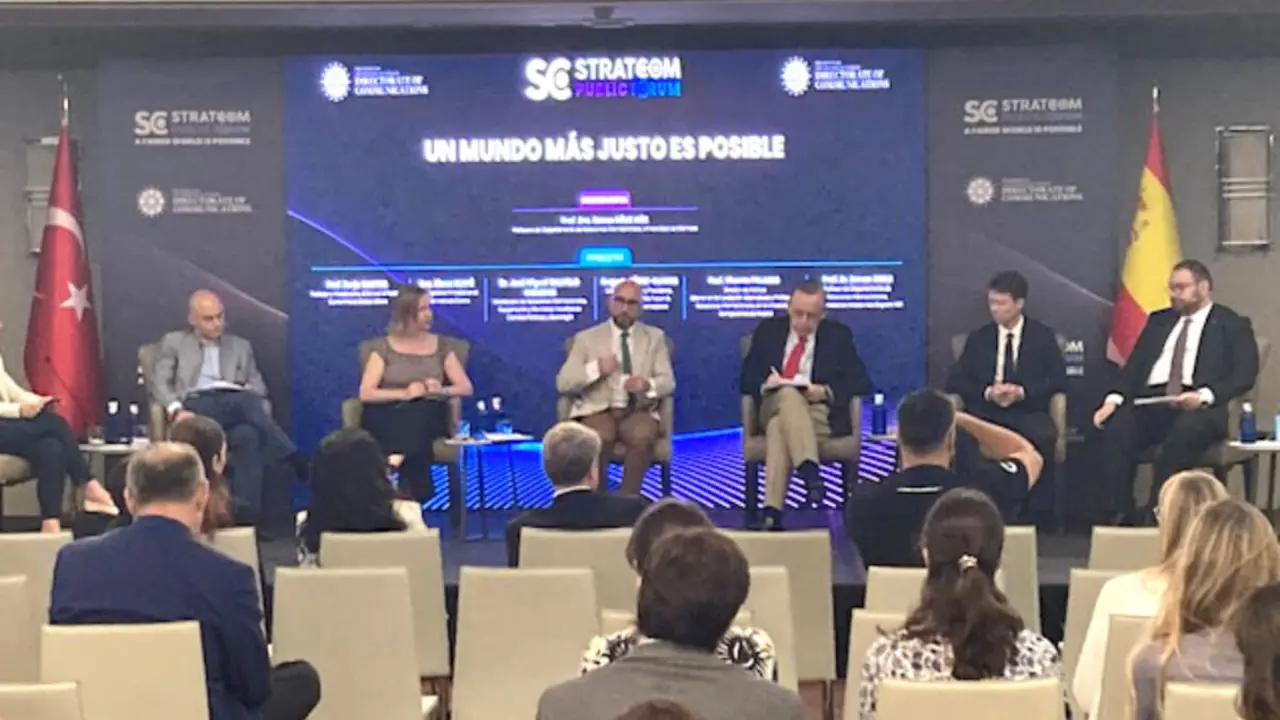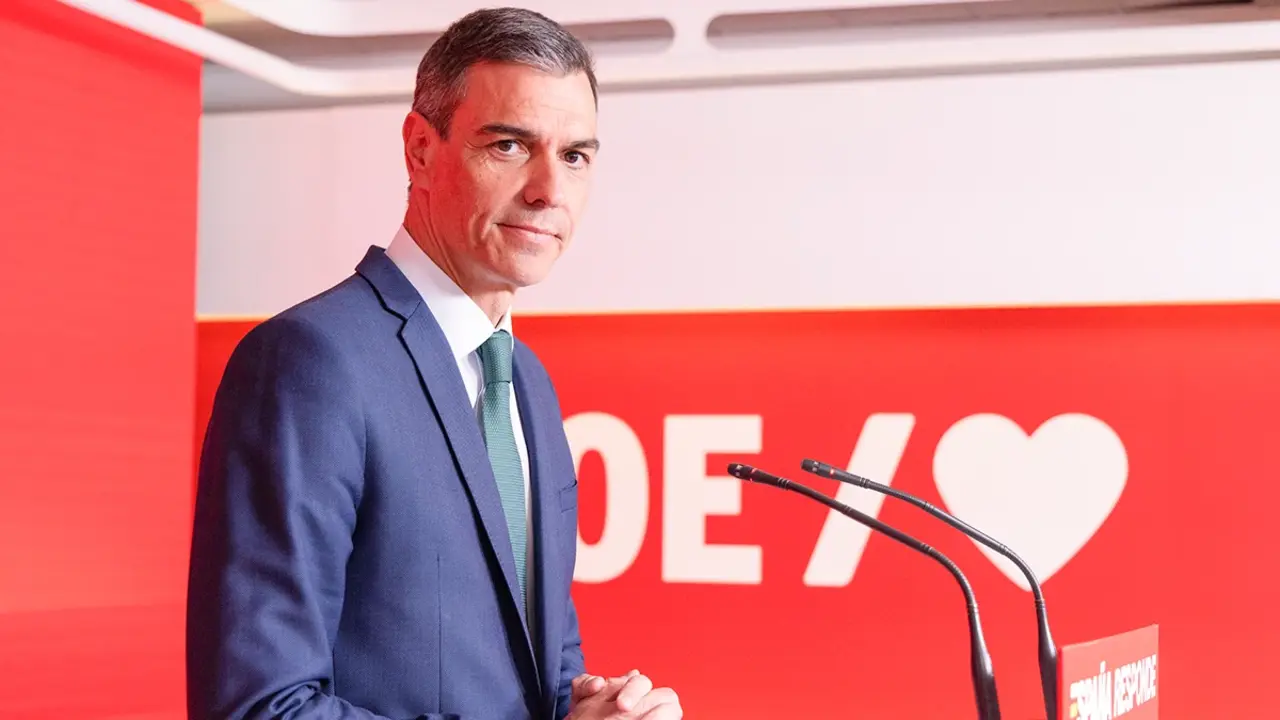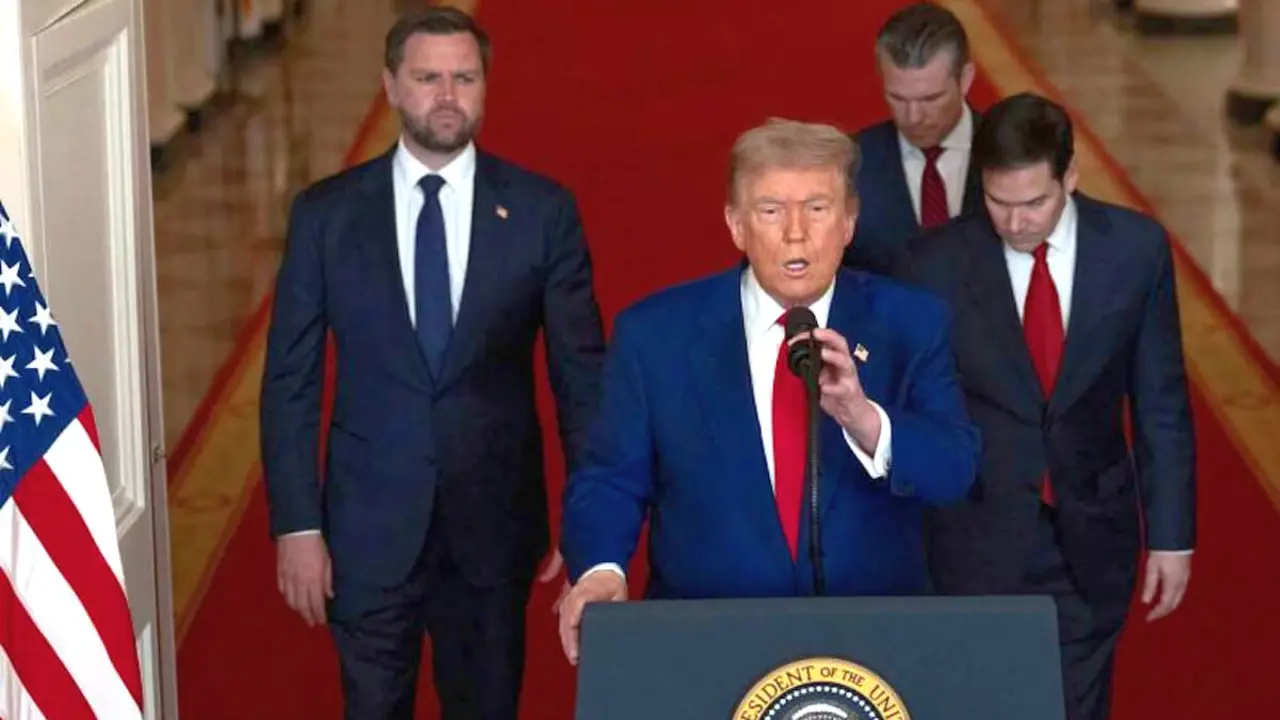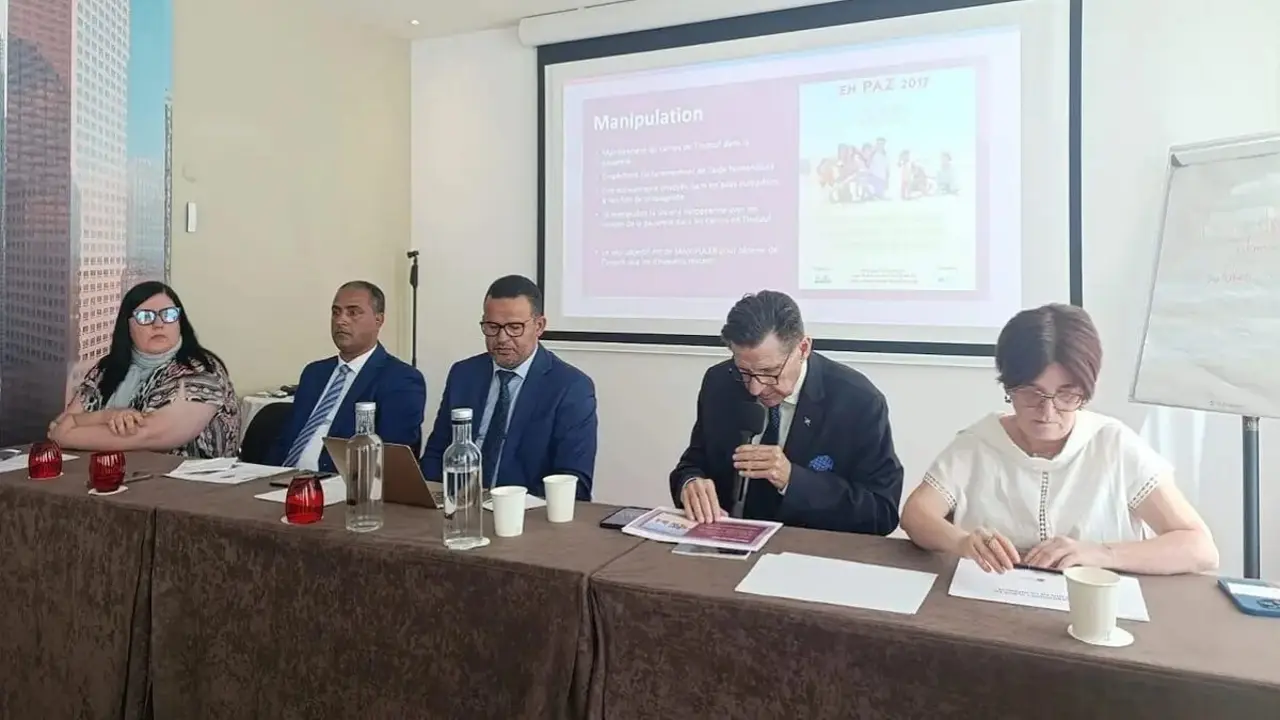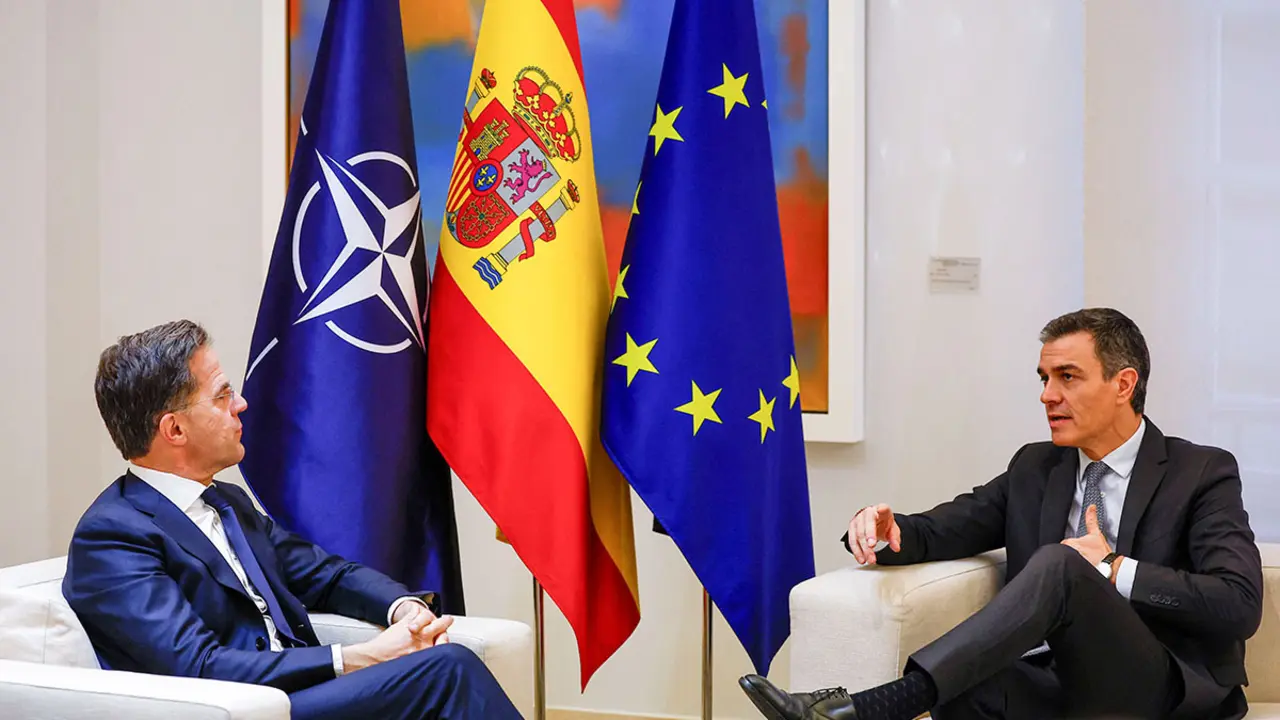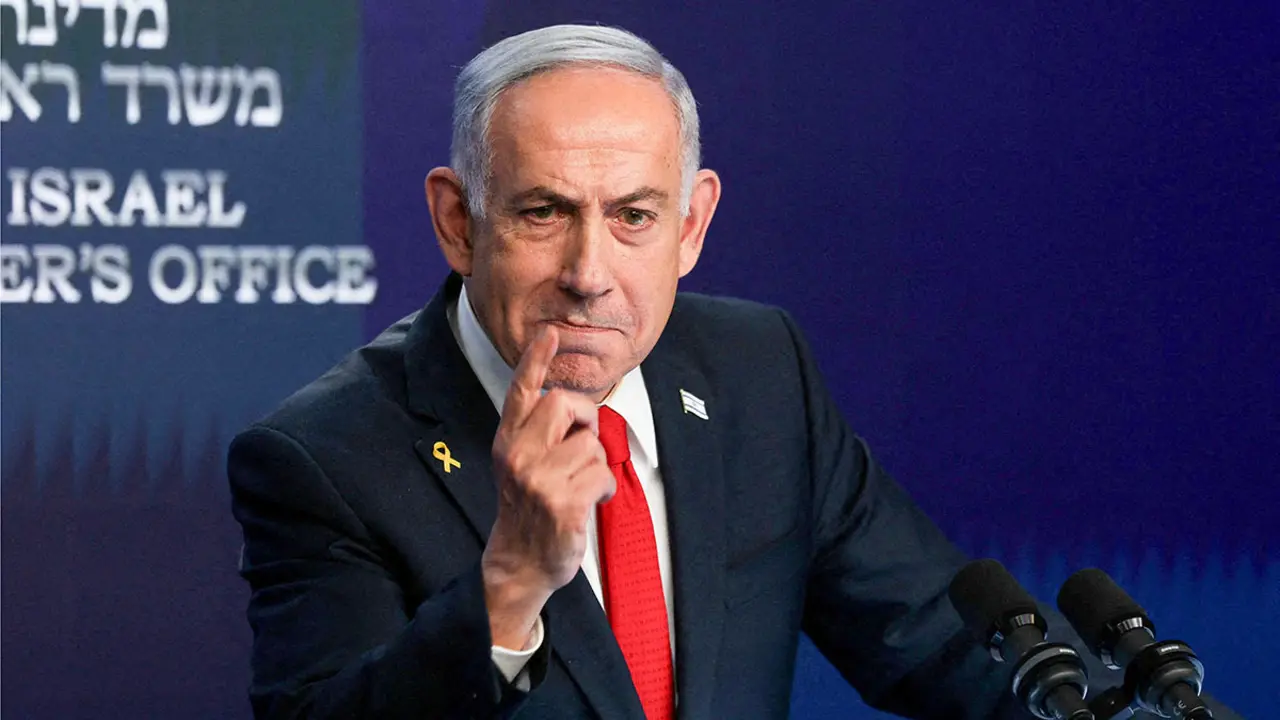Mexico agrees with DEA to improve intelligence sharing in the fight against drug trafficking

The dividing line between the United States and Mexico is one of the world's crime hotspots. Every year between 250,000 and 280,000 firearms cross the border for Mexican cartels, according to Mexican government estimates. Drugs and migrants, in turn sent by organised crime, travel in the opposite direction.
The crusade against trafficking has been the leitmotiv of relations between Washington and Mexico City. In this context, the Mexican government held a meeting on Thursday with the US Drug Enforcement Administration (DEA) to develop a joint response to arms and drug trafficking along the border.
The director general for North America of the Ministry of Foreign Affairs and the undersecretary of Public Security, Roberto Velasco and Ricardo Mejía Berdeja, led the Mexican delegation, which also included officials from the Financial Intelligence Unit (UIF), the National Guard and the National Defence.
For its part, the US delegation was made up of the section chief of the DEA's Foreign Operations Division, Michael Cabral; Deputy Assistant Attorney General Amanda Liskamm; and the Chargé d'Affaires of the US Embassy in Mexico, John Creamer, among others.

The meeting, held at diplomatic headquarters in the Mexican capital, resulted in a new security pact. The parties agreed to improve the exchange of information by intelligence services to jointly combat drug cartels.
"Both delegations agreed to establish as a bilateral priority to improve the mechanisms for sharing intelligence against organised crime," the Mexican Foreign Ministry confirmed in a communiqué.
The delegations also discussed a series of common points to reduce the damage caused by drug consumption and trafficking in the region. "The US authorities shared data and information on current trends in drug consumption and production, as well as different strategies to reduce the consumption of these substances," the statement said.
The Mexican undersecretary of public security stressed that criminal activities in Mexico and the United States "are deeply interconnected". "What happens on one side of the border directly affects the other country," said Ricardo Mejía Berdeja.
"Therefore, we work in a coordinated and respectful manner with the US authorities to share best practices and intelligence and, in this way, reduce violent crimes that affect our societies," Mejía added.
Mexico's top official for North America, Roberto Velasco, stressed that the exchange of information respected Mexican sovereignty at all times, a matter of vital importance to the authorities.
The meeting was a continuation of Wednesday's meeting between the Mexican government and several members of the FBI. The parties discussed different cooperation strategies to reduce violence in Mexico, which has increased exponentially in recent months.

Over the past two decades, the Mexican and US governments have promoted a series of measures aimed at reducing the cross-border activities of organised crime. The most prominent was the Merida Initiative, a large-scale security cooperation plan signed in 2007 by Presidents George W. Bush and Felipe Calderón.
The US Congress then allocated a total of 1.5 billion dollars for the purchase of equipment and weapons for Mexico's federal security forces. However, the State Department withheld 15 per cent of the funds until it confirmed that its neighbour was complying with the roadmap defined by Washington.
Among the US objectives was the protection of Aztec institutions and full border security. US assistance facilitated the arrest, and subsequent extradition, of the heads of major organisations. However, the so-called "kingpin strategy" caused the cartels to redouble their efforts to regroup and strengthen themselves.
The Obama administration directed reforms towards the Mexican justice system and the development of community-based crime prevention programmes. President Trump, on the other hand, turned the issue around and again prioritised border security.
In February 2019, the Republican declared a national emergency and ordered the deployment of troops along the border under the pretext of the influx of drugs, criminals and undocumented immigrants in the area.
More than a decade later, the data reveal the failure of all measures. This is borne out by the outbreak of violence in Mexico and the 35 per cent increase in overdose deaths in the United States, most of them involving substances originating in its southern neighbour.
The arrest in October 2020 of former Mexican Defence Minister Salvador Cienfuegos Zepeda by the United States angered President López Obrador. The general was arrested in Los Angeles on drug trafficking and money laundering charges, but was released and repatriated in November after the charges were dropped.
Mexico's response was swift. The government restricted the activities of foreign agents in the country and exonerated Cienfuegos.

Andrés Manuel López Obrador, known as AMLO, has rejected calls for a war against the cartels and the "capo strategy" put in place by his predecessors. According to the president, an aggressive government-driven crusade would increase the number of civilian casualties.
However, the president has pushed through a series of constitutional reforms to allow the military to participate in public security. The National Guard replaced the Federal Police two years ago after López Obrador disbanded the federal police. The president then alleged that the force was corrupt and, on that basis, expanded the military's role in various parts of the state.
However, the growing involvement of the National Guard has sparked a battery of complaints and denunciations from opposition and human rights groups. They advocate "cleaning up" the existing security forces and corps.
In any case, the Mexican government continues its roadmap. The head of government of Mexico City, Claudia Sheinbaum, announced this week the construction of four new barracks for the National Guard in the capital by next year.
Latin America Coordinator: José Antonio Sierra.


